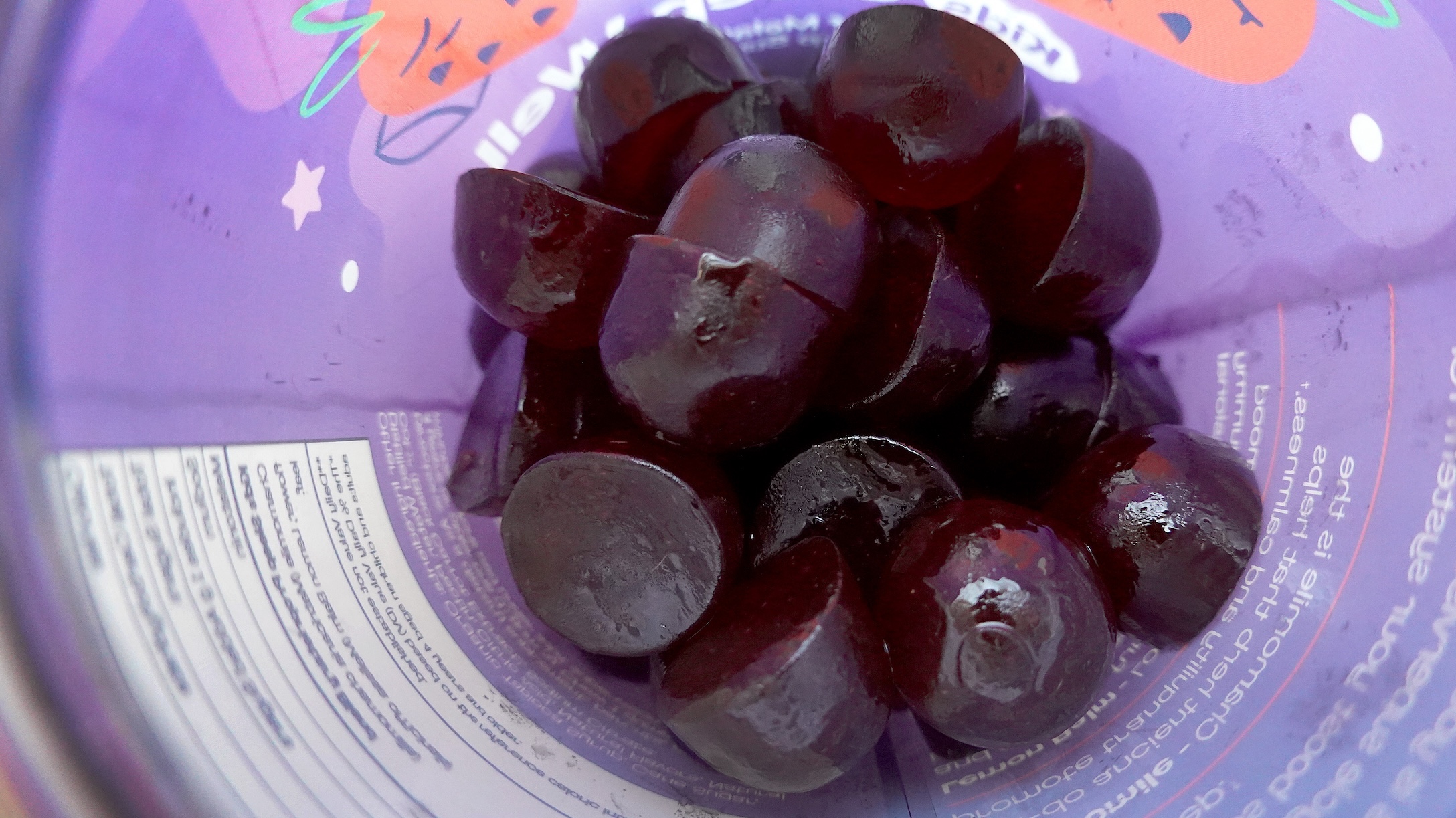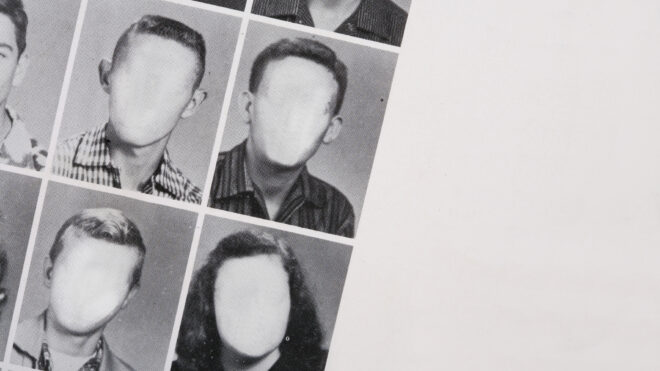
For many households, melatonin is a part of the nighttime routine. For parents, the sleep aid can make bedtime much less of a struggle. The supplement — often in gummy form — is used as a sleep aid for kids and adults alike. However, the hormone, which helps regulate the body's natural sleep cycle, comes with some with risks, too.
A report from the Centers for Disease Control and Prevention published on March 7, 2024, offered new insight into emergency room visits related to kids accidentally ingesting melatonin. Perhaps more concerningly, the report indicates that the numbers have more than quadrupled over the past decade.
More from CafeMom: Indiana Day Care Worker Allegedly Gave 17 Kids Melatonin Daily Without Parents' Permission
A concerning number of children have ingested melatonin while unsupervised, according to the CDC.
Unfortunately, an increase in popularity of melatonin gummies has had negative consequences. From 2009 to 2020, emergency room visits involving infants and young children swallowing melatonin while unsupervised quadrupled, the CDC reported. Roughly 11,000 kids ages 5 and younger went to the ER between 2019 and 2022 because of taking too much melatonin.
Poison control center calls are up, too.
ER visits related to unsupervised melatonin consumption aren't the only thing on the rise. Additionally, calls to poison control centers from 2012 to 2021 were up, according to the new CDC report. This makes sense, considering use of the supplement among US adults went from .4% to 2.1% from 199 to 200, but it's still a notable health risk.
More from CafeMom: Delivery Driver Claims Day Cares Order an 'Obscene' Amount of Melatonin Gummies
Gummies and chewable tablets can be mistaken for candy.
Of the pediatric visits involving unsupervised melatonin consumption, at least half have included flavored products. Melatonin in the form of chewable tablets or gummies can easily be mistaken for candy by little ones. On top of this tasty temptation, there is no requirement for the products to have child-resistant packaging, making access even easier for curious hands.
Is melatonin safe for kids?
Although many parents use melatonin to help themselves and their kiddos get much-needed shuteye, the question remains: Is it safe for children? The Sleep Foundation suggests more research is needed to fully understand the short-term and long-term effects of its use in kids. It also notes potential side effects, including headache, dizziness, drowsiness, agitation, and increased nighttime urination/bedwetting.
More from CafeMom: Dad Accuses Mom of 'Drugging' Girl With Melatonin To Help Her Sleep & Calls CPS
Like any supplement or medication, melatonin should be safely stored where children cannot access it.
Up & Away — a joint initiative between the CDC and PROTECT — offers a number of tips for caregivers to help keep kids safe. Whether it's a supplement like melatonin, prescription medication, or over-the-counter medication, the best bet is to keep products up, out of reach and out of sight. You should also transfer medications into child-proof containers and talk to your child about the dangers of taking medications.




